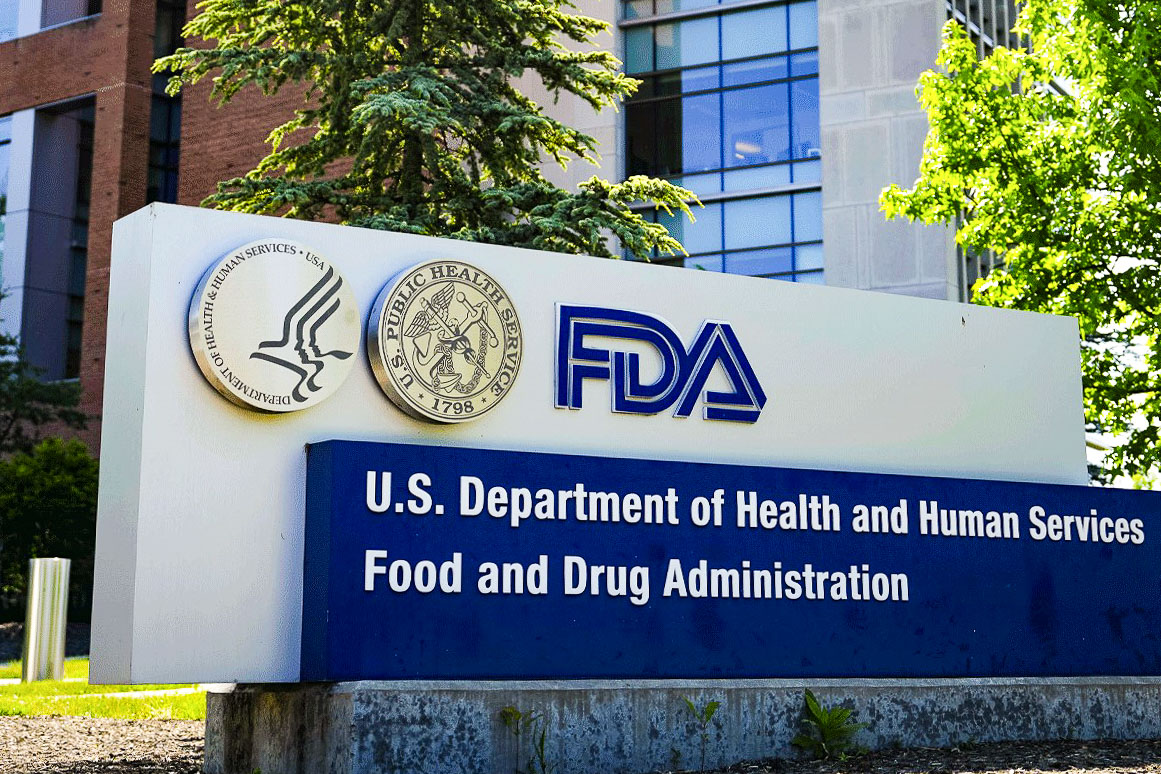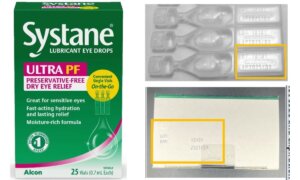Multiple sandwich products are being recalled by Indiana-based CIBUS Fresh following concerns that the items harbor pathogens, posing a health risk to consumers.
The company is recalling “products containing ‘Glenview Farms Spreadable Brie, 2/3 lb’ due to supplier notification of a possible Listeria monocytogenes,” according to a Nov. 8 announcement published by the Food and Drug Administration (FDA). The items were distributed under the labels CIBUS Fresh, Jack & Olive, and Sprig and Sprout and sold in Kentucky, Illinois, Indiana, Missouri, Ohio, and Tennessee. The company stated that it has informed the FDA about product withdrawals and is trying to ensure that the affected items are no longer in distribution.
The three products recalled by CIBUS are CF/Autumn Turkey Sandwich 9.65oz (with item code 79616, UPC code 00810028251915 and expiry dates from Nov. 2–9); J&O Autumn Turkey Sandwich 9.65oz (with item code 79615, UPC code 00810028251915 and expiry dates from Nov. 2–9), and S&S Autumn Turkey Sandwich 9.65oz (with item code 84408, UPC code 00810028251915 and expiry dates from Nov. 3–9).
“Use or consumption of products contaminated with Listeria monocytogenes can cause serious and sometimes fatal infections in young children, frail or elderly people, and others with weakened immune systems,” the announcement reads.
“Although healthy individuals may suffer only short-term symptoms such as high fever, severe headache, stiffness, nausea, abdominal pain, and diarrhea, Listeria infection can cause miscarriages and stillbirths among pregnant women.”
CIBUS advised customers who have already purchased the recalled items to avoid consuming them. Instead, they should be disposed of or returned for a full refund.
The company stated that no other CIBUS Fresh products were affected by the withdrawal. It has stopped the production and distribution of all products containing the affected ingredients.
The Glenview recall was issued on Nov. 4 by Savencia Cheese USA, which stated at the time that there were no confirmed reports of adverse health effects.
The recall followed several listeria-related product withdrawals over the past weeks.
On Oct. 9, Oklahoma-based BrucePac pulled out nearly 10 million pounds of ready-to-eat meat and poultry citing potential contamination. The recall was later expanded to about 11.7 million pounds. More than 200 schools had received food containing the recalled items.
On Oct. 18, Illinois-based TreeHouse Foods withdrew multiple brands of frozen waffle products amid listeria fears.
Protection From Infected Foods
Listeria infects an estimated 1,600 Americans every year, with 260 people dying from the infection, according to the Centers for Disease Control and Prevention. The bacteria can contaminate many types of foods, and people who consume these food items are infected by the pathogen.According to the FDA, foods that get contaminated by listeria include raw meats, ready-to-eat processed meats such as hot dogs or deli meat, ready-to-eat smoked or raw seafood, melons, unpasteurized milk, soft cheeses made from unpasteurized milk, stored salads, and raw vegetables.
“Pasteurization, cooking, and most disinfecting agents kill L. monocytogenes,” the FDA stated. “However, in some ready-to-eat food, such as hot dogs and deli meats, contamination may occur after the food is cooked in the factory but before it’s packaged. These products can be safely eaten if reheated until steaming hot.”
To prevent listeria infection at home, the FDA advises people to wash the inside walls and shelves of refrigerators as well as cutting boards, utensils, and countertops that have come into contact with contaminated food.
These items should then be sanitized with a solution of one tablespoon of chlorine bleach to one gallon of hot water and dried with a clean cloth, it stated.
The FDA asked that hands be washed with warm water and soap for at least 20 seconds before and after handling food.
“People with pets should take special care to avoid cross-contamination when preparing their pet’s food,” the agency stated.
“Be sure to pick up and thoroughly wash food dishes as soon as pets are done eating, and prevent children, the elderly, and any other people with weak immune systems from handling or being exposed to the food or pets that have eaten potentially contaminated food.”














